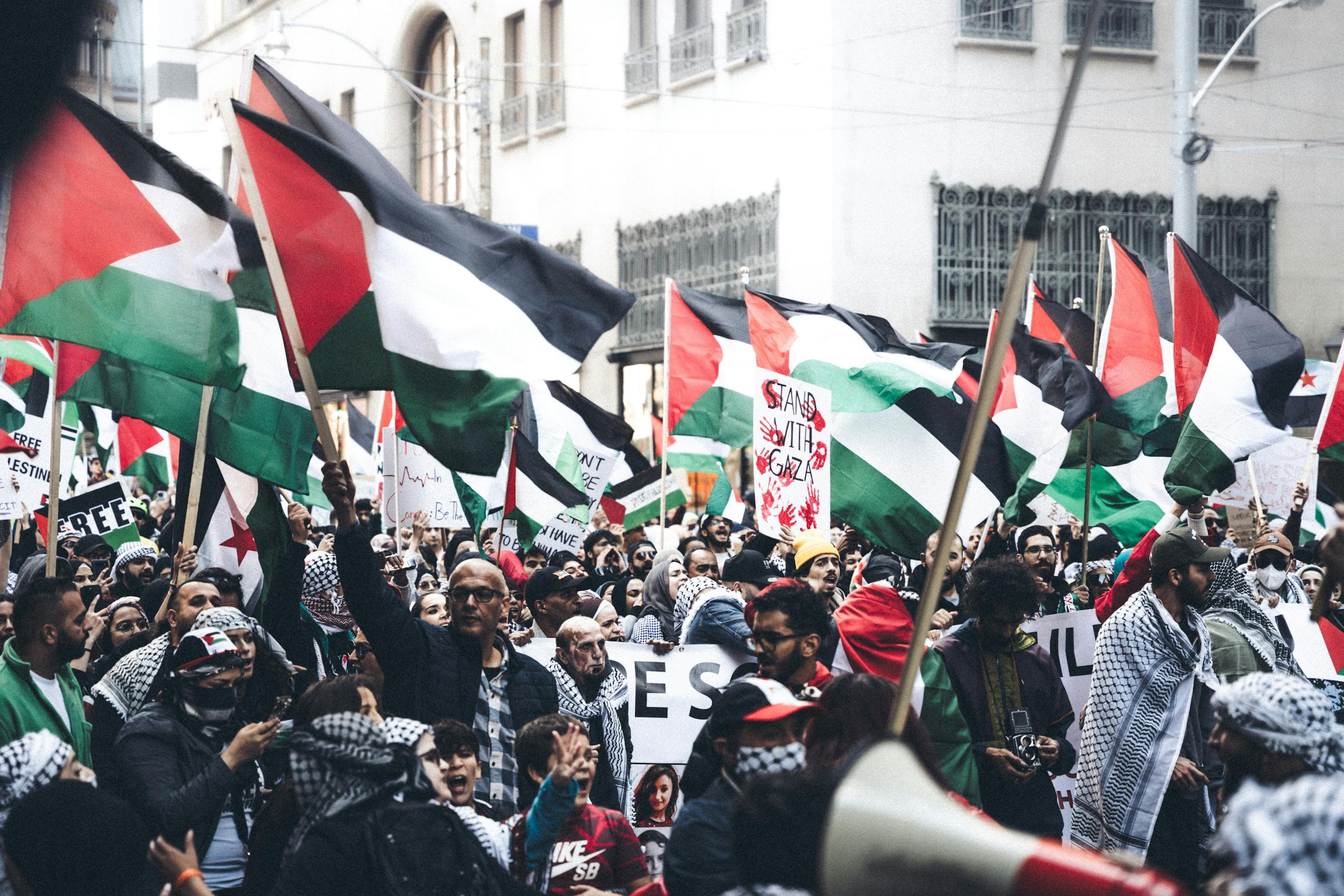Israel's Strategy In Gaza: A Precarious Balance Between Security And Humanity

In the Shadow of Conflict: Israel's Approach to Gaza
In the heart of the Middle East, the Gaza Strip remains a focal point of enduring conflict, where geopolitical strategies often intersect with profound humanitarian crises. A recent, grim development saw the killing of aid workers by an Israeli drone, a stark reminder of the fragile balance between security concerns and the imperative of humanitarian aid. This incident, set against the backdrop of Israel's complex engagement with Gaza, raises pivotal questions about the consequences of Israel's strategies on the civilian population within the besieged enclave.
Historical Context and the Shift in Aid Dynamics
Israel's policy towards Gaza has been characterized by stringent security measures, including a comprehensive blockade that has significantly restricted the flow of goods and people since 2007. This blockade, Israel argues, is essential to prevent the entry of materials that could be used for military purposes by Hamas, the governing entity of Gaza considered a terrorist organization by Israel and many Western countries. However, the blockade has also severely limited access to essential supplies, contributing to a humanitarian crisis that affects the strip's 2.2 million residents.
In recent years, there has been a notable shift from relying on United Nations agencies to facilitating humanitarian aid through non-governmental organizations (NGOs). This strategic pivot was underscored by Israel's endorsement of initiatives like those of World Central Kitchen (WCK), which had begun to make significant inroads in addressing the dire food insecurity in Gaza.
The Tragic Strike: Immediate Repercussions and International Outcry
The targeted killing of aid workers, as they navigated the perilous routes of Gaza to deliver much-needed assistance, marks a distressing escalation in the conflict. These workers, affiliated with WCK, represented a lifeline for thousands facing "catastrophic food insecurity." The incident not only led to an international outcry, with countries like Britain and the United Arab Emirates voicing strong condemnations, but also compelled a reevaluation of NGO operations in the region. The resultant pause in humanitarian activities by WCK and others underscores the heightened risks faced by aid workers, threatening the continuity of essential aid to Gaza's most vulnerable.
Deepening Humanitarian Crisis
The immediate consequence of this strike and the broader Israeli strategy in Gaza is a profound humanitarian crisis. With the UN reporting that half of Gaza's population faces severe food insecurity, the disruption of aid efforts exacerbates an already dire situation. The reliance on NGOs, while a testament to their invaluable role, also highlights the limitations and vulnerabilities of such an approach in a conflict zone where political complexities and security concerns often override humanitarian imperatives.
Diplomatic Fallout and the Quest for Accountability
The international fallout from the killing of aid workers has put Israel's diplomatic relations under scrutiny. While the Israeli military has pledged an investigation, history suggests skepticism about accountability in such incidents. This skepticism is shared by the international community, which has seen similar promises in the past go unfulfilled. The incident thus not only strains Israel's diplomatic ties but also calls into question the efficacy of its current strategies in Gaza, balancing security imperatives against the moral and ethical obligations of safeguarding humanitarian actors.
Looking Forward: Alternatives and Solutions
The path forward requires a reimagined approach to addressing the humanitarian crisis in Gaza. While Israel's security concerns are valid, the international community and Israel must collaborate to ensure that humanitarian aid is not collateral damage in the pursuit of security. This might include re-engaging with UN agencies, enhancing protections for NGOs, and exploring new mechanisms for aid delivery that navigate the complex security landscape of Gaza.
Concluding Reflections
The tragic incident involving aid workers in Gaza is a sobering reminder of the complex interplay between security policies and humanitarian needs. As Israel navigates its strategic priorities, the international community must advocate for a balanced approach that does not lose sight of the human cost of conflict. The road to a sustainable solution in Gaza is fraught with challenges, but it is a journey that must prioritize the basic rights and dignities of its civilian population. In this delicate balance lies the essence of a peace that remains elusive yet ever imperative.
Author: Brett Hurll
The Self-Destructive Nature Of Anti-Tourism Protests: Balancing Resident Concerns With Tourism Benefits
In recent years, anti-tourism protests have become increasingly common across popular tourist destinations. From the Bal... Read more
Military And Strategic Implications Of The Ukrainian Drone Attack In Kursk
On a recent morning, the Kursk region in south-western Russia witnessed an unexpected and significant event: a Ukrainian... Read more
Chinese Tech Stocks Gain Ground Despite Wall Street Technology Sell-Off
Chinese tech shares in Hong Kong gained on Friday, defying a technology stock sell-off on Wall Street, driven by strong ... Read more
Defense Pact Between Britain And Germany: A Focus On Cybersecurity And Joint Operations
In a move set to redefine European defense collaboration, Britain and Germany have signed a comprehensive defense pact a... Read more
US Secret Service Director Steps Down After Trump Assassination Attempt
Security lapses admitted by Kimberly Cheatle prompt resignation.Kimberly Cheatle, the head of the US Secret Service, has... Read more
Kamala Harris Promises A Brighter Future In Official Campaign Launch
In a vibrant and impassioned campaign launch, Vice President Kamala Harris vowed to lead America toward a "brighter futu... Read more

